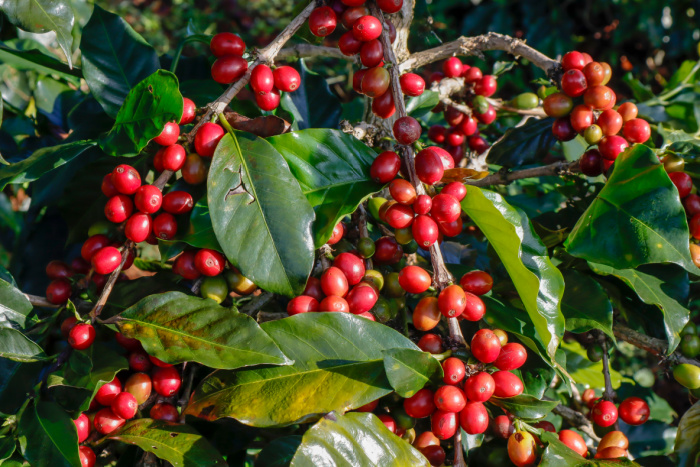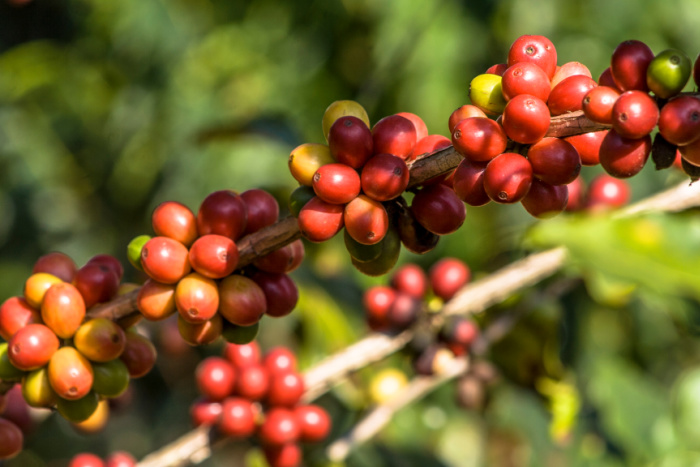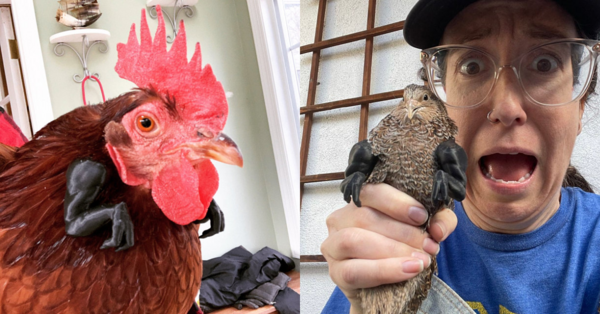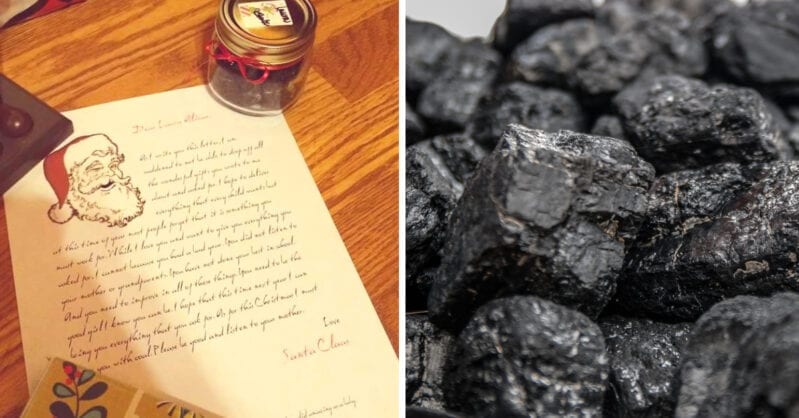Coffee Crops Are In Danger, But Starbucks Is Coming To The Rescue
Oh no! Say it isn’t so.
Coffee is in real danger of disappearing as a viable crop. This isn’t the news I wanted to hear today.

It seems, conditions have to be just right to grow our beloved bean. Climate change is putting coffee crops in danger in a big way.
Coffee trees are pretty particular about things like temperature and humidity, and, in fact, they can only grow in certain areas where the conditions are perfect.

In South America, the coffee grows in an area known as the “coffee belt,” and it is being threatened by warmer temperatures and changing atmospheric conditions caused by climate change.
In fact, according to Yahoo, “rising temperatures will reduce the area suitable for growing coffee by up to 50%” by the year 2050.
That might seem like a long way off, but y’all, it’s less than 30 years. I still plan to be on this planet in 30 years.

Bring on Starbucks.
They are working on a way to save the coffee bean.

How Is Starbucks Going To Save Coffee?
We are well aware that Starbucks uses a hella ton of coffee. It’s their whole reason for existence.
If the coffee disappears, it’s lights out for Starbucks, and they aren’t going to let that happen.

Starbucks is working on a new arabica bean that will stand up under the harsher growing conditions caused by climate change.
They have been breeding different types of coffee trees, trying to come up with a new variety of coffee bean that will resist the common problems that plague coffee trees — including harsh weather.
These coffee trees have to be, not only hardy, but have to maintain a bean flavor that is acceptable to be sold in Starbucks stores.

The good news is that they think they have accomplished just that.
Starbucks has come up with 6 coffee varieties that they deem suitable for wearing the Starbucks name.
This is great news for us, as we can continue our coffee obsessions without fear of climate change interruptions.







